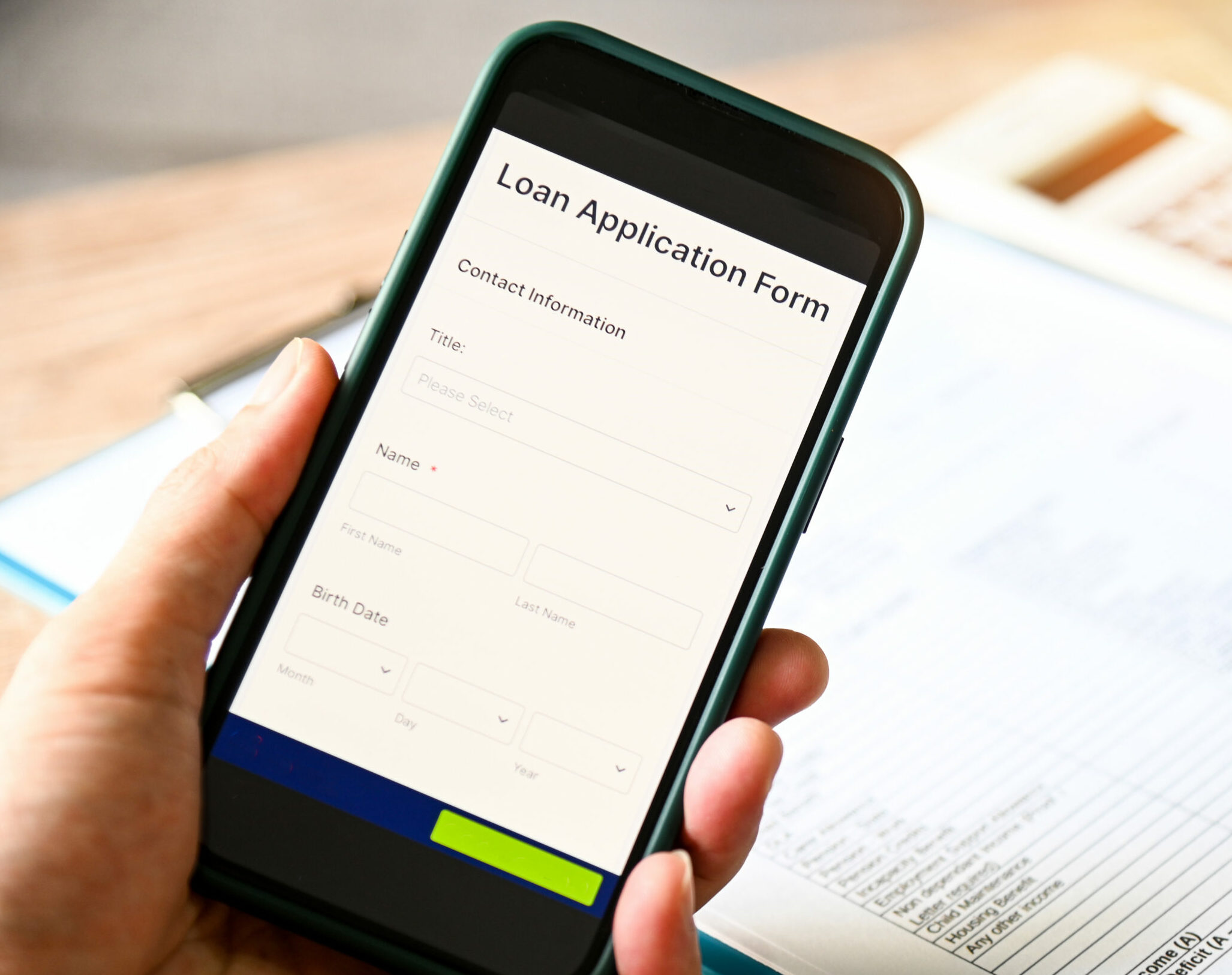This article first appeared in The Mortgage Note
Changes to fees for loans backed by Fannie Mae and Freddie Mac are under scrutiny after recent reports that homebuyers with good credit scores and substantial down payments will pay more starting May 1.
Last week, The Washington Times published an article with the headline “Biden to hike payments for good-credit homebuyers to subsidize high-risk mortgages.” Author Dave Boyer, a White House correspondent, wrote that although the changes are part of the Federal Housing Finance Agency’s push to make housing more affordable, they will negatively impact traditional borrowers.
“Mortgage industry specialists say homebuyers with credit scores of 680 or higher will pay, for example, about $40 per month more on a home loan of $400,000. Homebuyers who make down payments of 15% to 20% will get socked with the largest fees,” Boyer wrote.
Boyer reported that “lenders and real estate agents say the changes will frustrate homebuyers with high credit scores and homeowners seeking to refinance because the rule punishes them for their relatively strong financial positions.”
The next day, Fox News cited The Washington Times report and published “Biden rule will redistribute high-risk loan costs to homeowners with good credit.”
Rep. Warren Davidson, R-Ohio, who serves as the chairman of the Subcommittee on Housing and Insurance for the House Financial Services Committee, shared the Fox News article on social media, calling the changes “a socialist redistribution of wealth.”
The Subcommittee on Housing and Insurance has oversight of the Department of Housing and Urban Development and U.S. housing policy, according to a press release from Davidson’s team.
Editors at National Review and The Wall Street Journal have published opinion pieces criticizing the loan-level price adjustment fees.
The editors at National Review referred to The Washington Times and Fox News articles.
“FHFA director Sandra Thompson said the new rules (which would use the redistributed funds to reduce the interest rate paid by less qualified buyers) would ‘increase pricing support for purchase borrowers limited by income or by wealth.’ But income and wealth are and should be limiting factors in lending. It’s not good for borrowers to take on loans that may prove beyond their means to pay back,” the magazine’s senior editors wrote.
They argued that the incentive for potential borrowers to be financially responsible is reduced under this policy.
“This isn’t some hard-hearted nonsense. It’s a reflection of the fact that progressives in government often ignore the effects their decisions will have on the functioning of markets. There’s a place for sensible programs aimed at housing affordability, but if all the ones we already have aren’t working, it’s worth looking into why that’s the case and how they can be improved before adding yet another subsidy with perverse incentives to the mix,” they wrote.
The editorial board at The Wall Street Journal wrote that “income redistribution is an abiding value of the Biden Administration, and now it wants to spread that to mortgage lending.”
“This is the socialization of risk, and it flies against every rational economic model while encouraging housing market dysfunction and putting taxpayers at risk for higher default rates. The 20% down payment is a financial discipline that encourages buyers to seek homes they can afford, and it gives buyers skin in the borrowing game. No one wants to default on a mortgage when they could lose tens or hundreds of thousands of dollars in equity they’ve built up in their homes,” they argued.
The WSJ editors wrote that the biggest problem with the change is fairness.
“Taxpayers already subsidize mortgages for low-income borrowers through the Federal Housing Administration. Now they want to punish those who have maintained good credit while rewarding those who haven’t. In the name of making housing more equal, they are pursuing an inequitable policy,” they wrote.
How will borrowers be affected by these changes?
Under the fee changes, borrowers with high credit scores will still pay less than those with low credit scores. The difference is the penalty for having a lower score will be smaller.
Medora Lee, a financial reporter for USA Today, explained the new loan-level price adjustment matrix in an article published on Sunday.
“For example, if you have a score of 659 and are borrowing 75% of the home’s value, you’ll pay a fee equal to 1.5% of the loan balance. Before these changes, you would have paid a 2.75% fee. On a hypothetical $300,000 loan, that’s a difference of $3,750 in closing costs. On the other end, if you have a credit score of 740 or higher, you would have paid a 0.25% fee on a loan for 75% of your home value before May 1. After that date, you could pay as much as 0.375%,” Lee wrote.
Experian’s analytics team reviewed the loan-level price adjustment fees by looking at a sample population of loans representative of 2022 GSE originations. They found approximately 35% of borrowers would have seen a fee increase over the prior grids, according to Cristian Lopez, vice president of data solutions.
Lopez said the consumers who should expect to see the largest fee increases are borrowers seeking a cash-out refinance, where 60% of the population analyzed using the 2022 data would have experienced higher fees with an average increase of 55bps.
Another FHFA fee change is scheduled to go into effect on Aug. 1 for borrowers with a 40% or more debt-to-income ratio.

